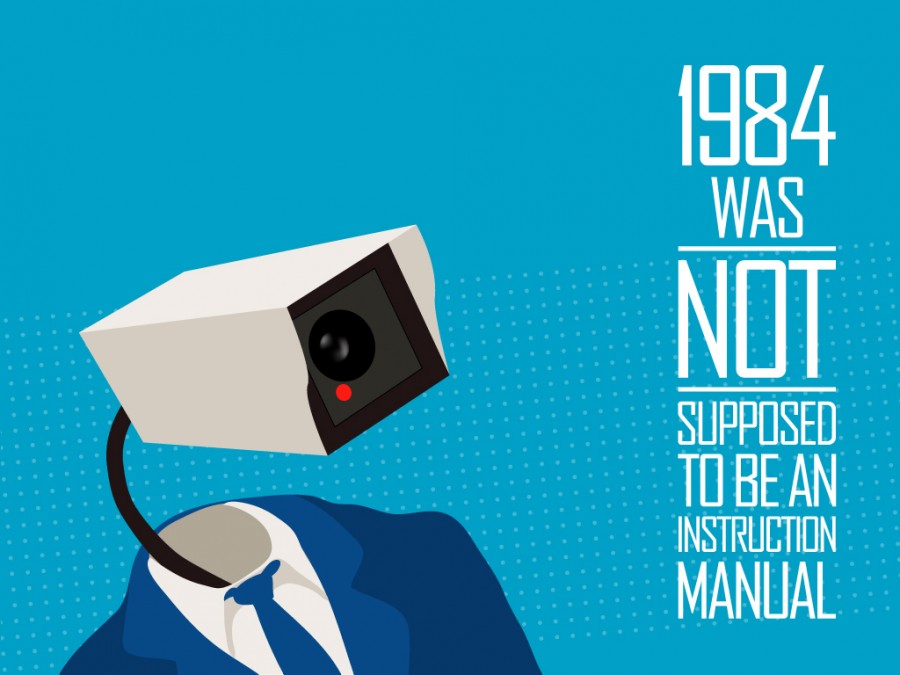Schneier: Tracking is the business model of the Internet

Four years ago, Edward Snowwood appeared in the public domain to make out all the information that some have known long ago about Washington's unprecedented control of global Internet communications and the collaboration of US services with leading local technology companies. Few things have since changed in a positive direction: neither the US services have been seduced, nor did they have any particular significance for major corporations such as Microsoft, Google, and Facebook. There was some degree of concern from European authorities who pressed Google and Facebook, but basically things were the same. The unprecedented control of the Internet and our online life has made many remind us of George Orwell's "1984" anti-utopia and "Big Brother" who traces everything and controls people.
But reality is different and instead of a big brother, maybe it is more correct to talk about many "little brothers". This opinion is expressed by the prominent specialist in cryptography and information security, Internet activist and human rights activist Bruce Schneier.
The "Big Brother," in the sense embodied by Orwell, means a great government. But it's not Google, and it's not even ANS. What we have today are many "Little Brothers": Google, Facebook, Verizon and others. They have a huge amount of information for everyone and they want to monetize it. They do not want to preserve your privacy, "says Schneider in an interview with the Harvard Gazette.
Among the other topics he touches in his interview, Schneider also draws attention to the tracking of Internet companies, and here he gives a curious opinion.
"Tracking is the business model of the Internet. Everyone is under constant control of many companies - from social networks such as Facebook to telecoms. This information gathers, compiles, analyzes, and tries to sell things to us. Personalized advertising is the way these companies make money, and that's why so much of the Internet is free to consumers. We are the product, not the consumer ".
